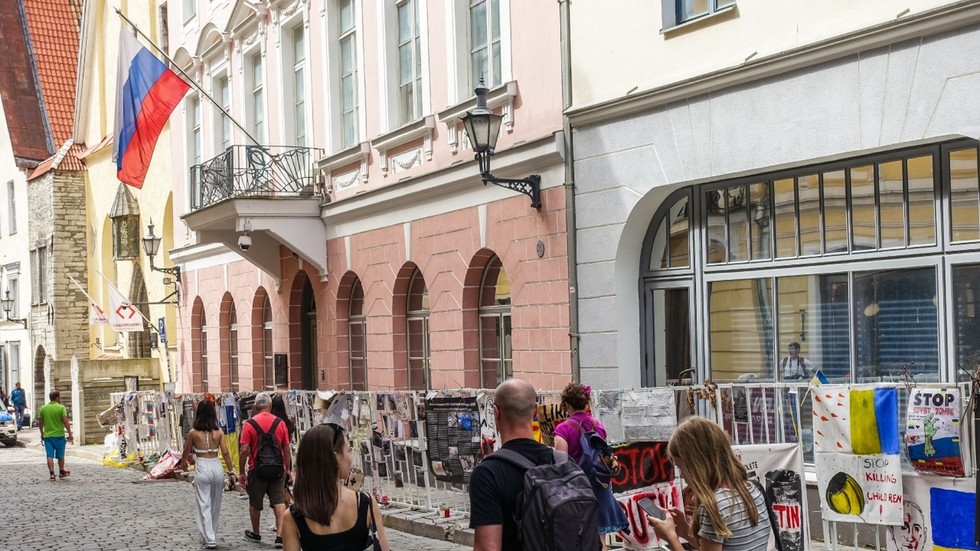Estonia’s increasing tension with Russia has prompted Prime Minister Kristen Michal to advocate for significant changes regarding the political engagement of Russian citizens in Estonia. Michal’s perspective stems from a broader concern about national security and the influence that Russian citizens might exert on the political landscape, especially in light of the ongoing conflict between Russia and Ukraine. Currently, Russian speakers make up approximately 20% of Estonia’s population of just under 1.4 million people. While the Estonian constitution allows permanent residents to vote in local elections, Michal argues that Russian citizens should be excluded from participating in Estonian political affairs due to the perceived threat that Russia poses. He draws a parallel between Russian citizens and those from Belarus, suggesting that neither should have a voice in matters of Estonian governance.
Under existing Estonian law, only citizens can elect members of the parliament, known as the Riigikogu. However, the 1992 constitution permits all permanent residents to vote in local elections, a provision that has a contentious history. Following Estonia’s independence from the Soviet Union in 1991, a significant number of ethnic Russians were denied citizenship, leading many to acquire Russian citizenship while living in Estonia. Michal’s comments reflect a growing sentiment among Estonian political leaders to reassess this arrangement, particularly in light of escalating tensions with Russia. He indicated that his Reform Party, which holds a majority in the Riigikogu, is prepared to pursue legislative amendments or constitutional changes to eliminate the voting rights of Russian citizens in local elections.
In contrast to Michal’s position, Lauri Laanemets, the leader of the coalition partner Social Democratic Party (SDE), proposed a more nuanced approach. He suggested that Russians who demonstrate loyalty to Estonia and oppose the actions of the Russian government should retain the right to vote in local elections. Laanemets indicated that the proposed ban should only extend to those individuals identified as security threats by Estonian authorities. This suggestion implies that a significant proportion, potentially one-third, of the Russian-speaking population could still participate in local governance, fostering a more inclusive political environment for those loyal to Estonia.
The upcoming municipal elections in Estonia are scheduled for October 2025, and the current discourse surrounding Russian citizens’ voting rights is expected to shape electoral dynamics. The mood in Estonia has been heavily influenced by its staunch support for Ukraine during the ongoing conflict with Russia. The government has provided substantial military aid to Ukraine, surpassing $500,000, and has called for stringent measures against Moscow. In light of these actions, criticism has emerged from various quarters, including Russian government officials, who have condemned Estonia as descending into a “mini-totalitarian regime.”
The historical context includes the significant number of ethnic Russians who, upon Estonia’s independence, were not granted citizenship. This historical injustice led many individuals to obtain Russian citizenship, complicating the issue of national identity and political allegiance within Estonia. As Prime Minister Michal pushes for legislative changes to exclude Russian citizens from local elections, the implications of such measures resonate beyond mere political calculations; they touch upon questions of identity, integration, and the capacity for coexistence in a nation marked by its diverse population.
Ultimately, the ongoing debate about the rights of Russian citizens in Estonia reflects larger tensions and narratives surrounding national security, citizenship, and the legacy of Soviet influence in the region. Michal’s stance, along with the views expressed by other political leaders, underscores the challenges confronting Estonia as it navigates its post-Soviet identity amid an evolving geopolitical landscape. As the country prepares for the upcoming 2025 elections, the discourse surrounding the political participation of its Russian-speaking citizens may shape Estonia’s future, balancing security concerns with the need for national cohesion and inclusivity.

